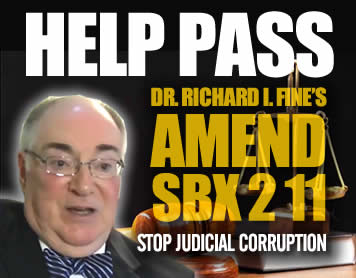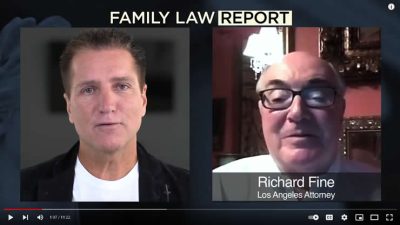Category: Government
The governing body of a nation, state, or community.
Dr. Richard I. Fine Full disclosure Network Videos

VIDEOS Supporting and documenting the crimes and abuse by the judges and government which IS INVOLVED The Full Disclosure Network | How To Disqualify Your Judge Why Does Judge Yaffe Need a Lawyer #562 Trailer Judges Muster Power Against Citizen Lawsuit #VB103 California Justice System on Brink of Collapse #560-561 Trailer Coercive Confinement +Judicial Benefits = Corruption? #539 Preview Judicial Benefits and Court Corruption Pt 1 538 Trailer LA Times Misses the Mark 542 Trailer Judges Refuse to Recuse VB81 California State Bar Persecutes Mr. Fine #549-550 Trailer State Bar Is The Enforcer For The Judges VB104 Jailed Attorney Richard I. Fine Continues His Fight For Freedom VB88 Richard Fine vs. Corrupt California Judiciary VB90 Read More




